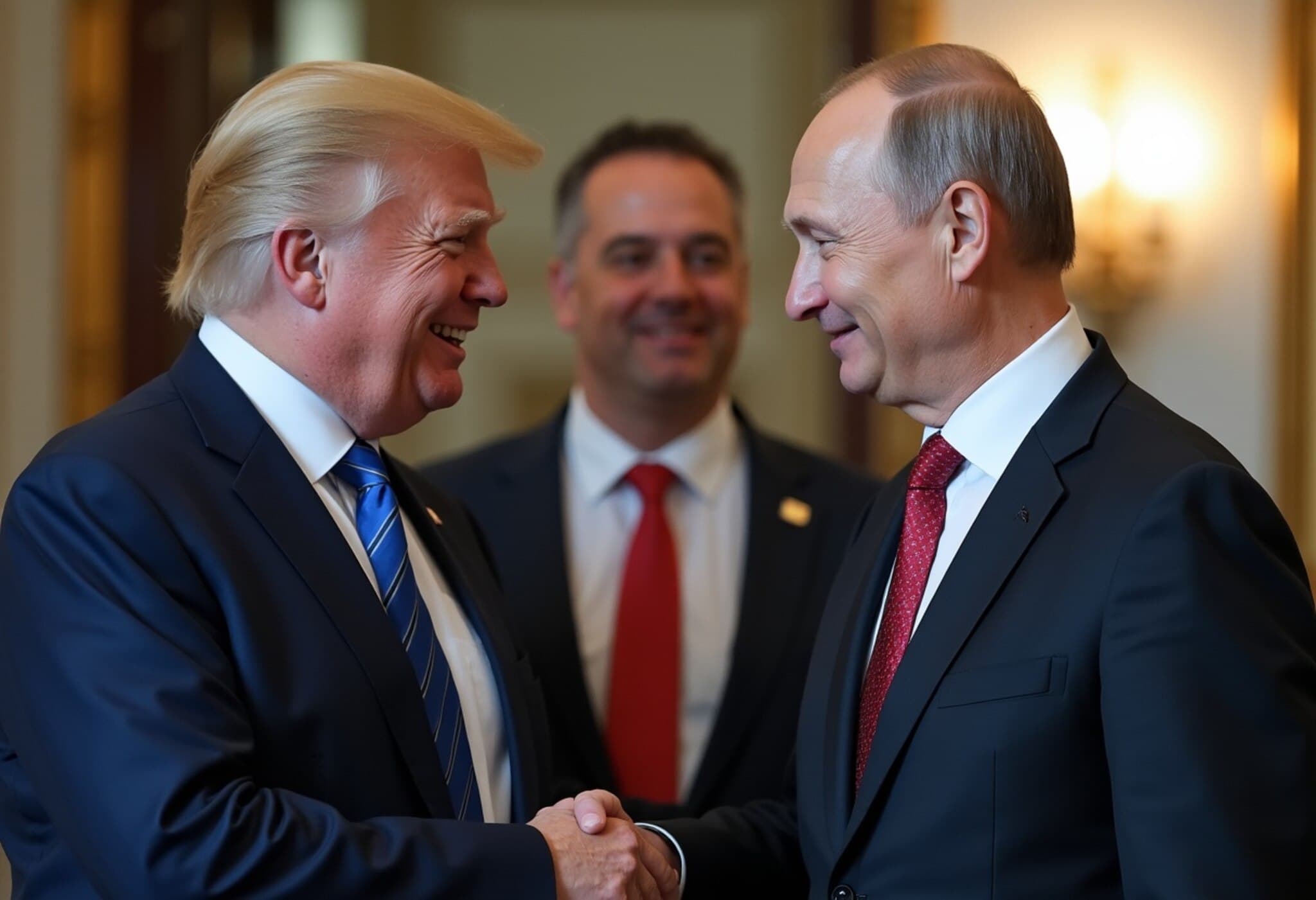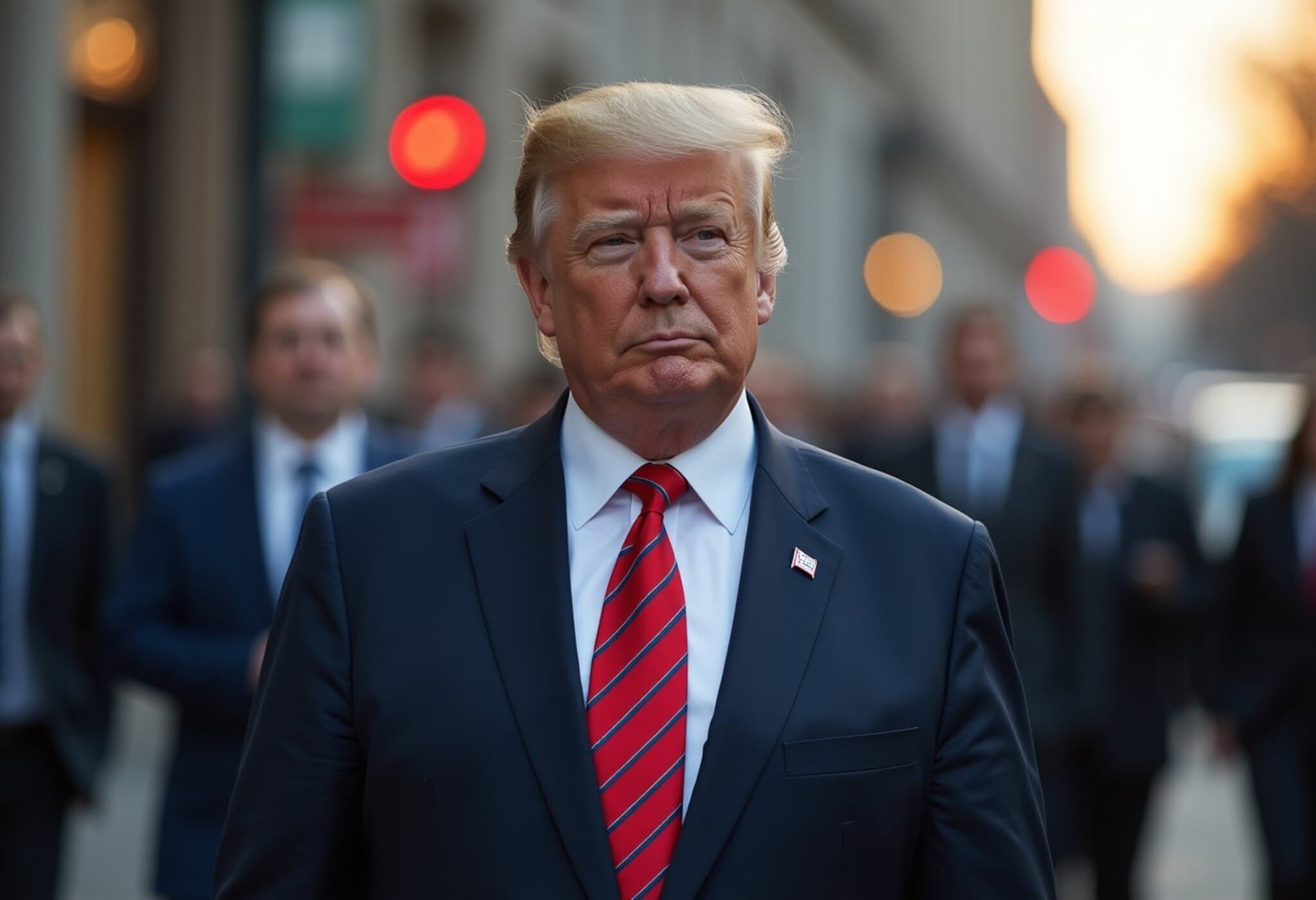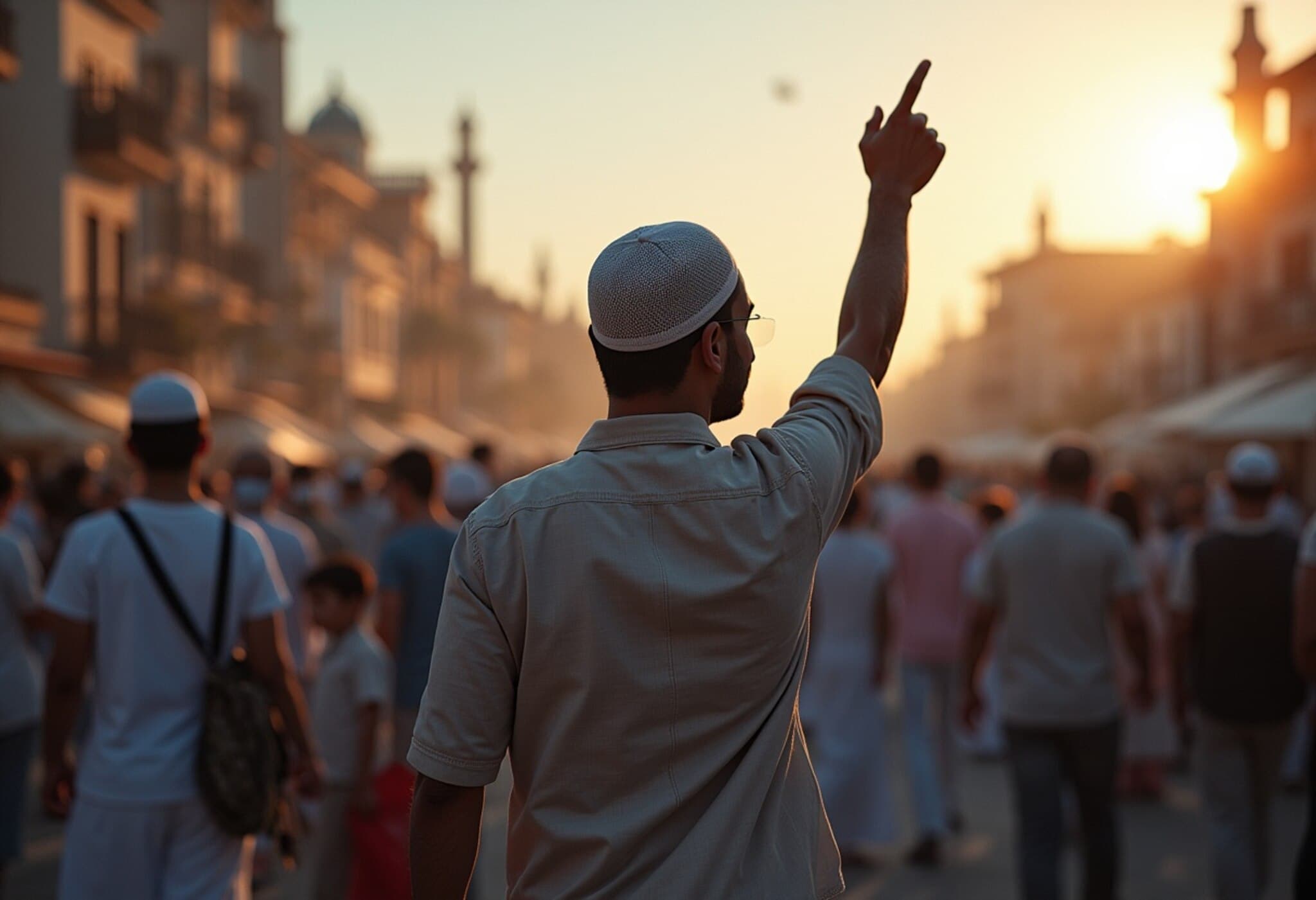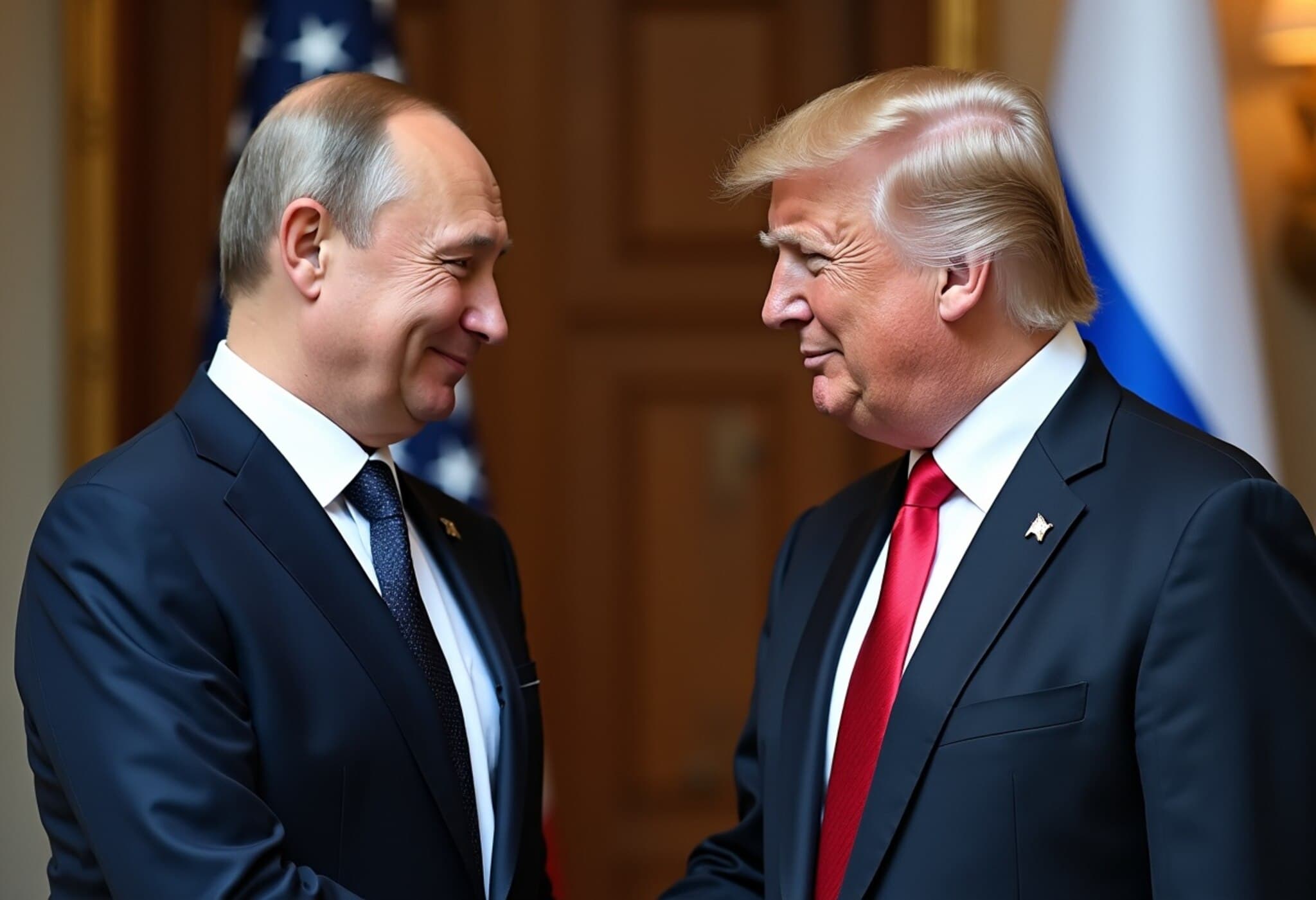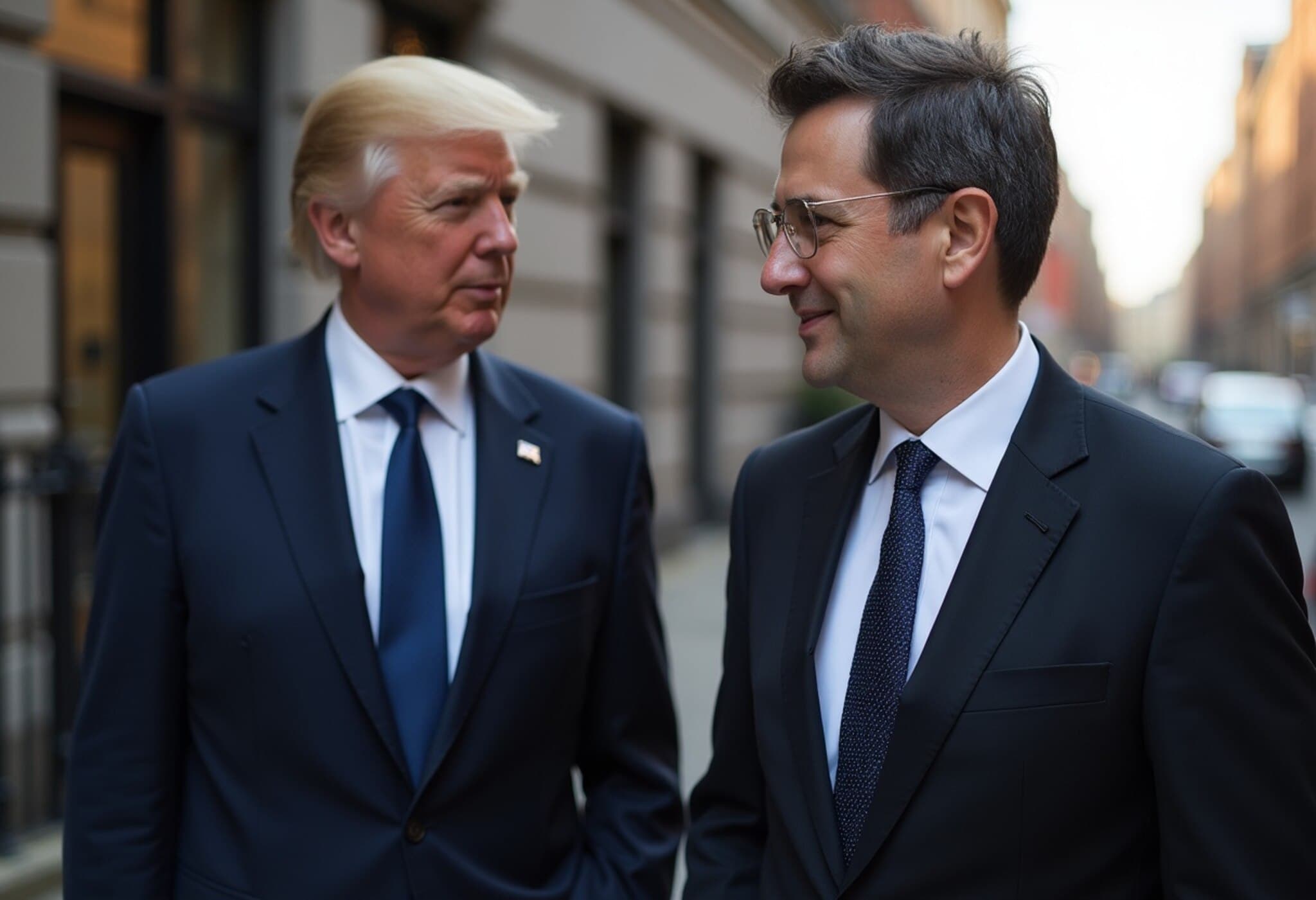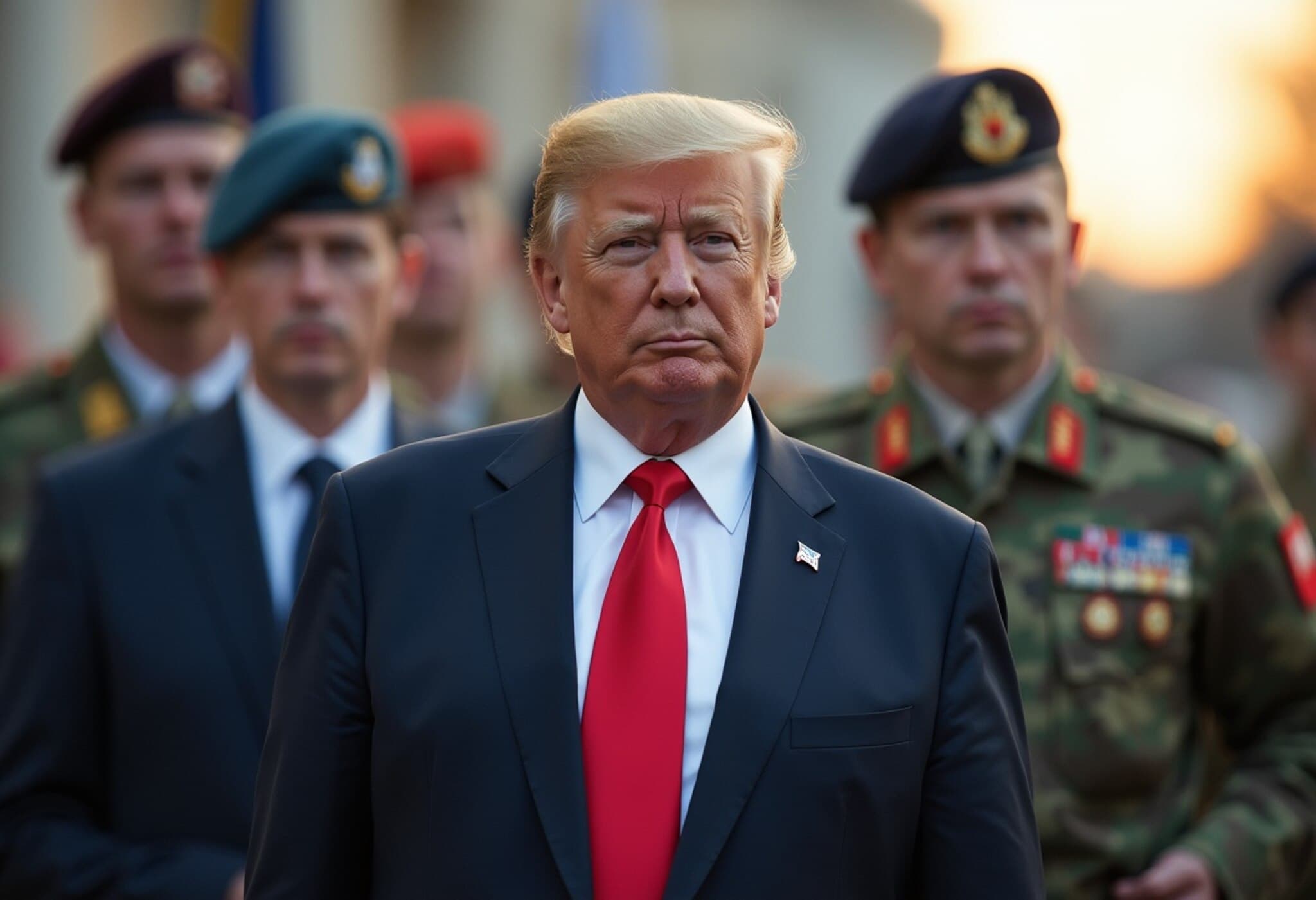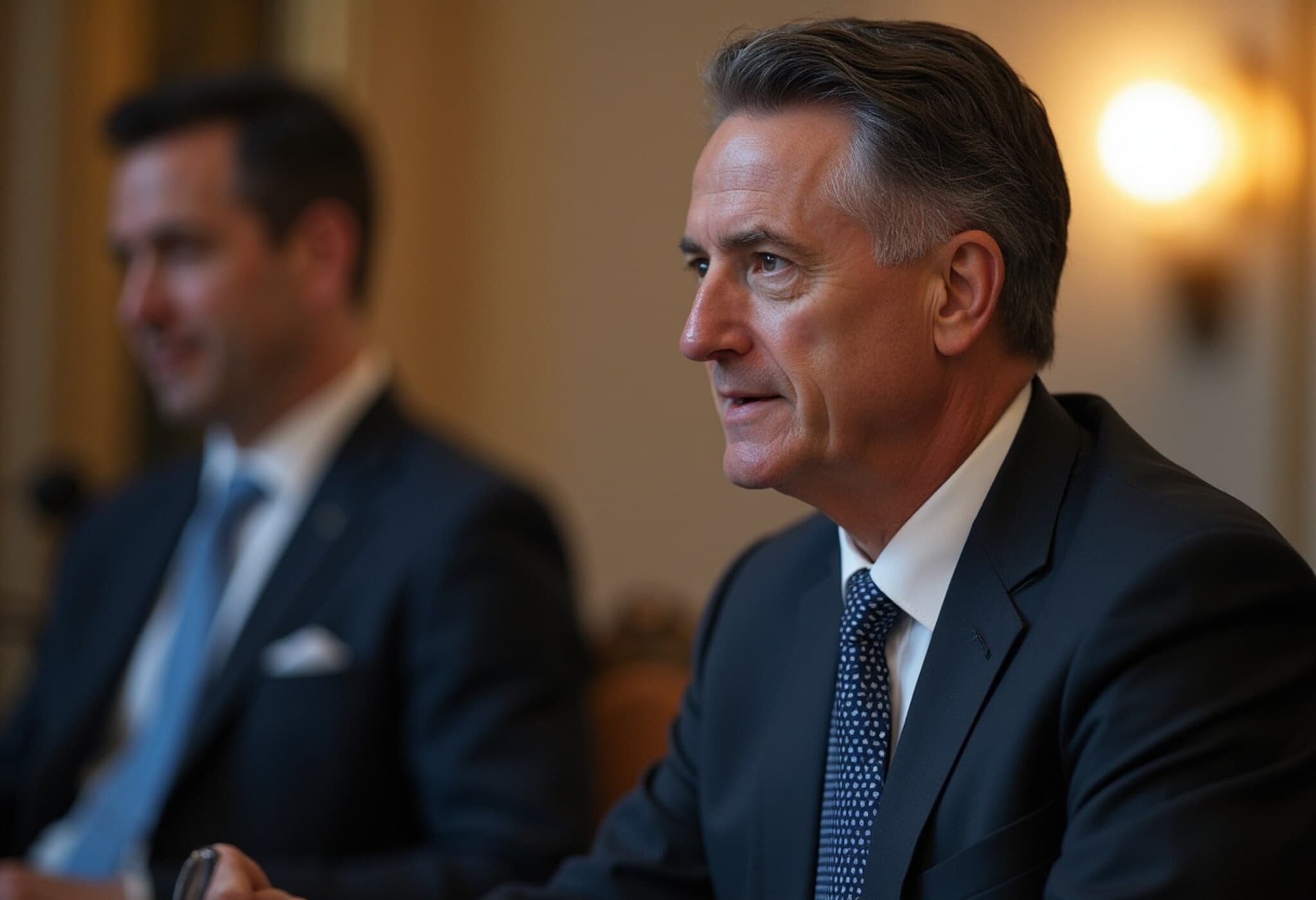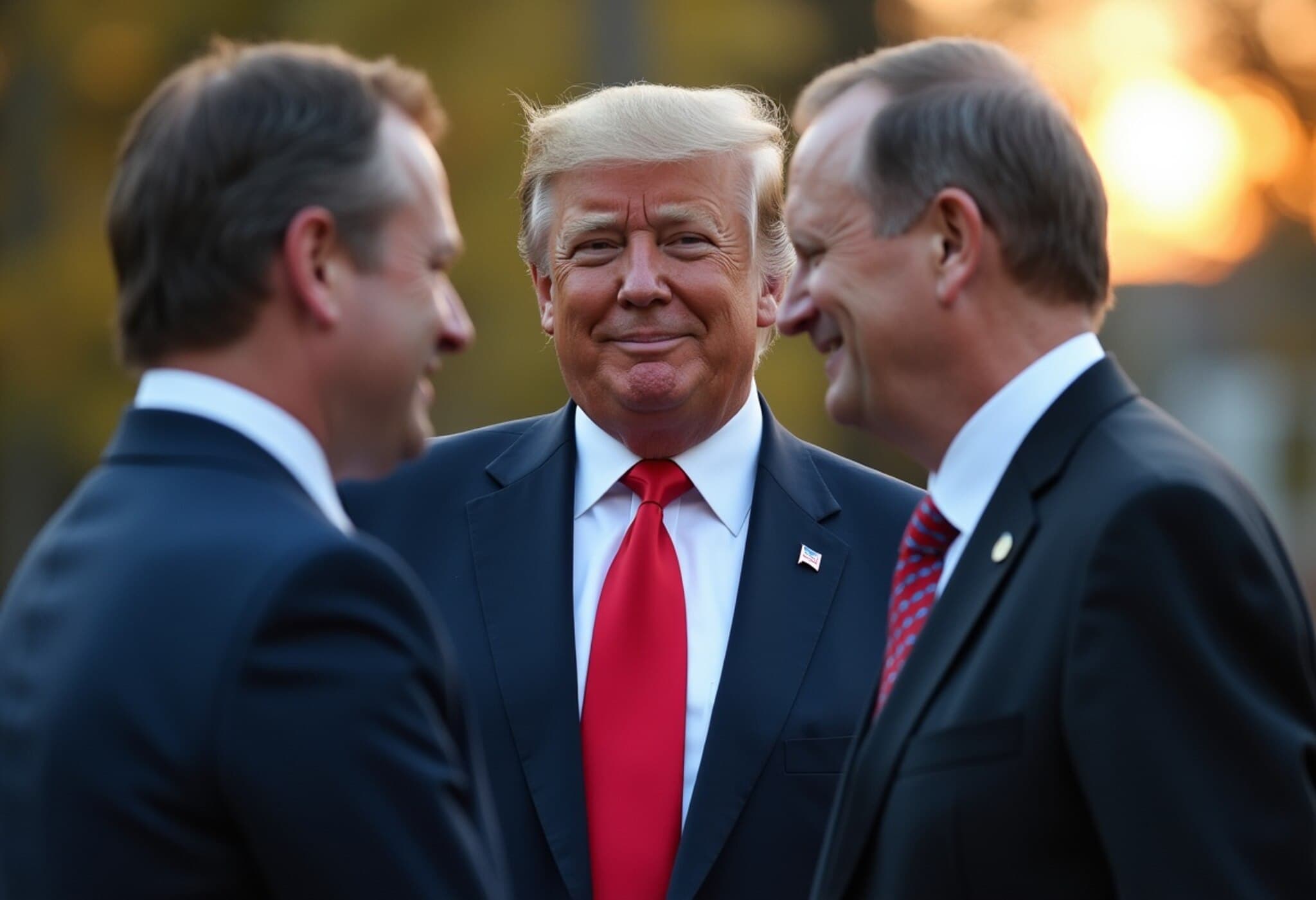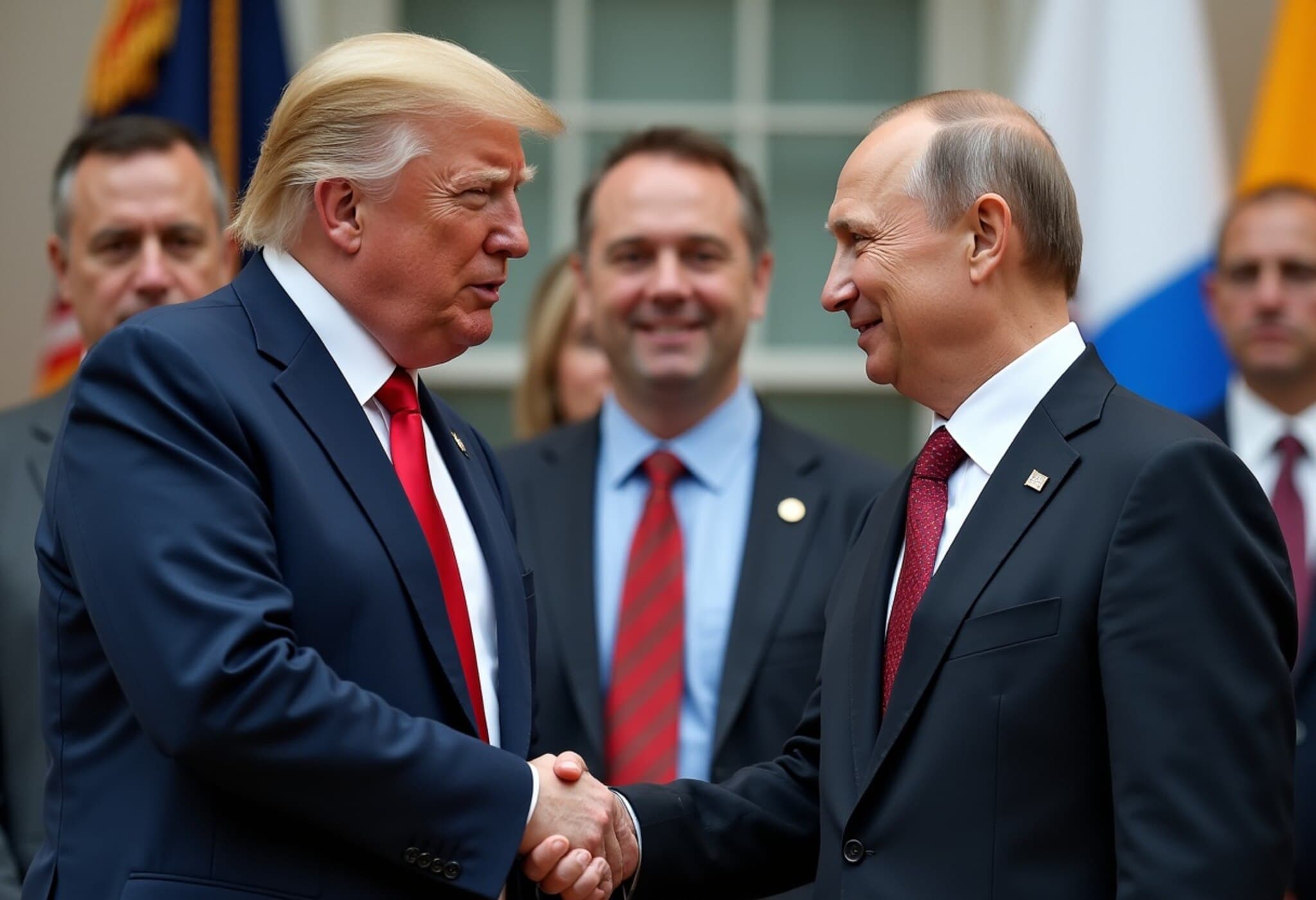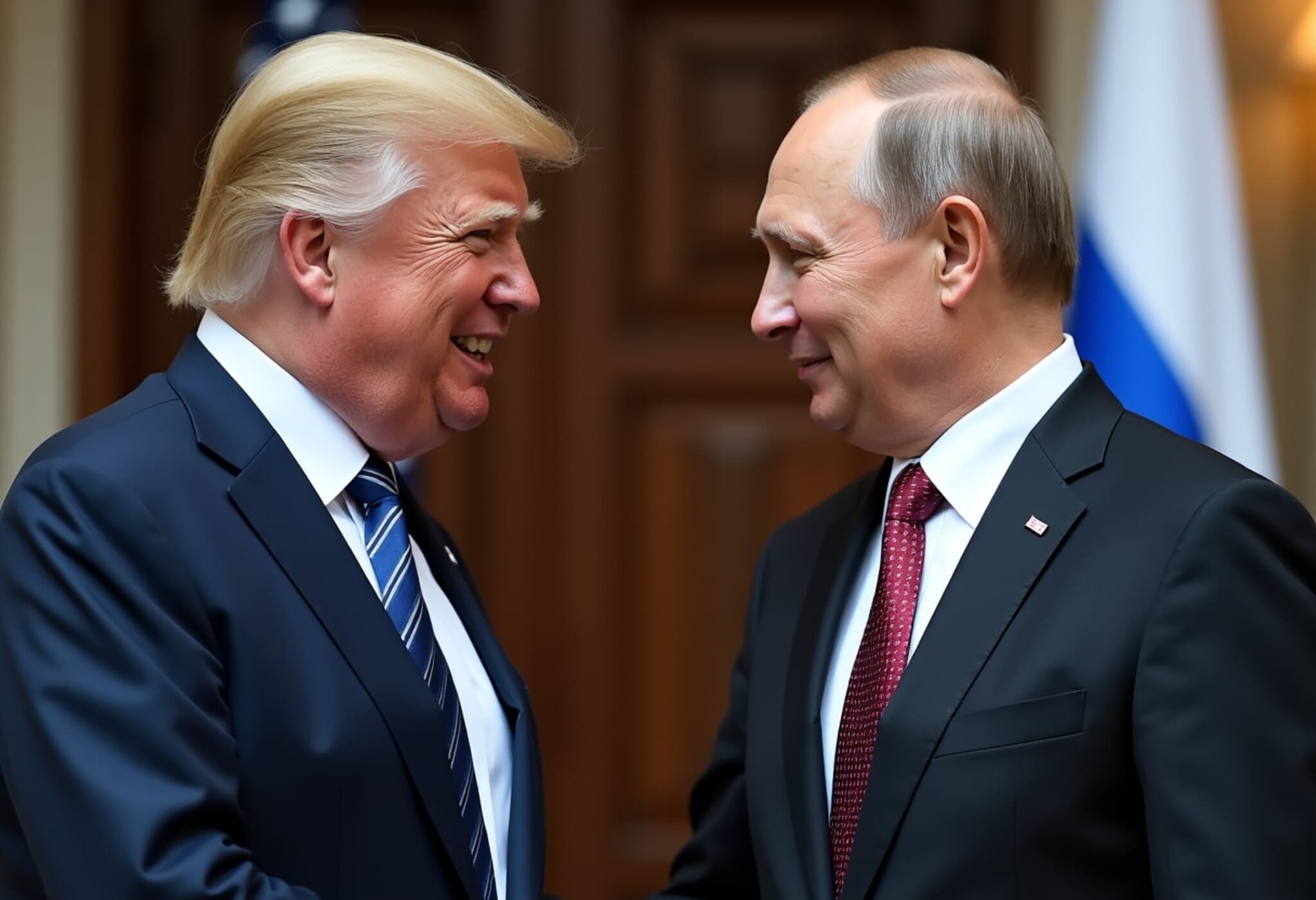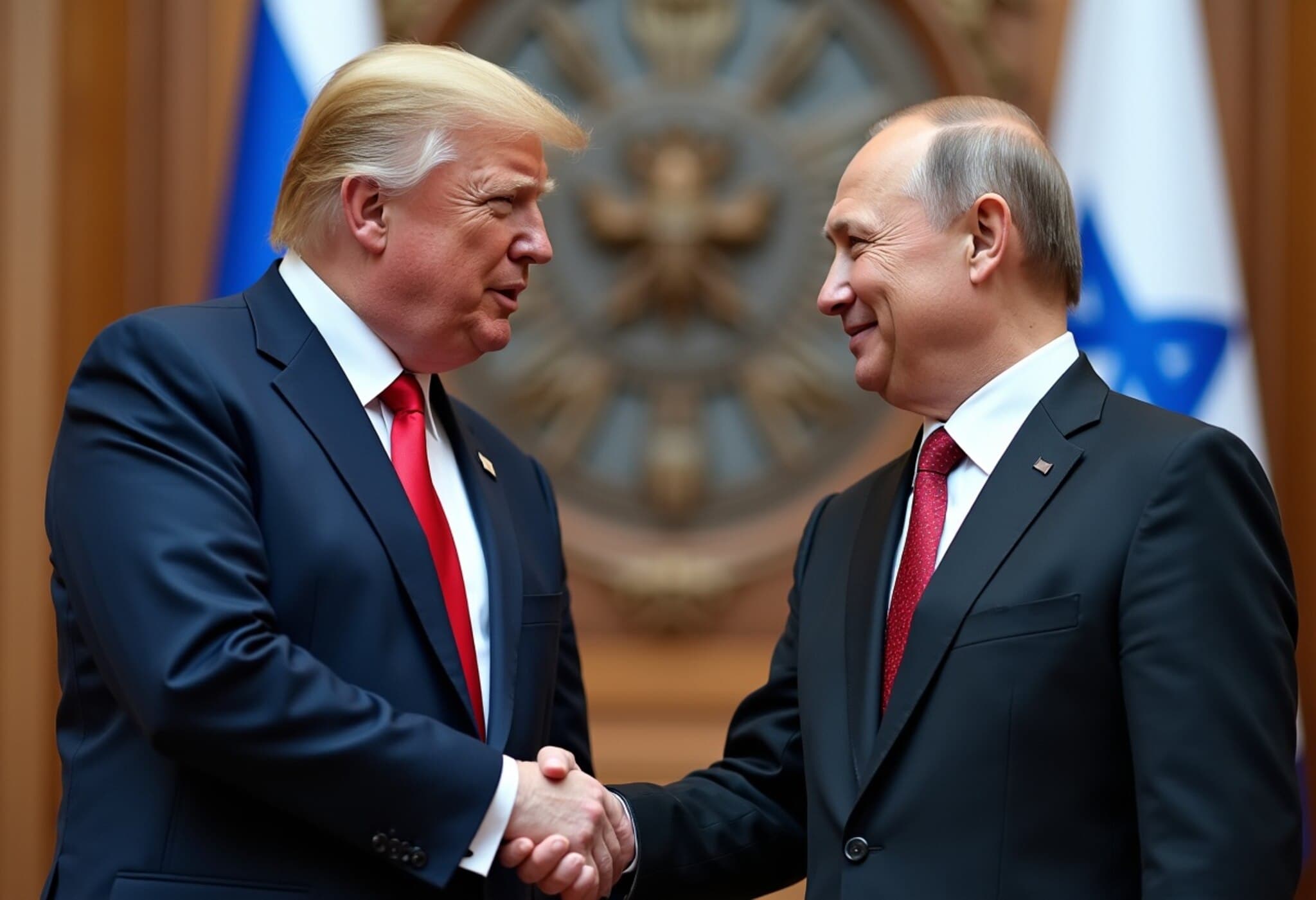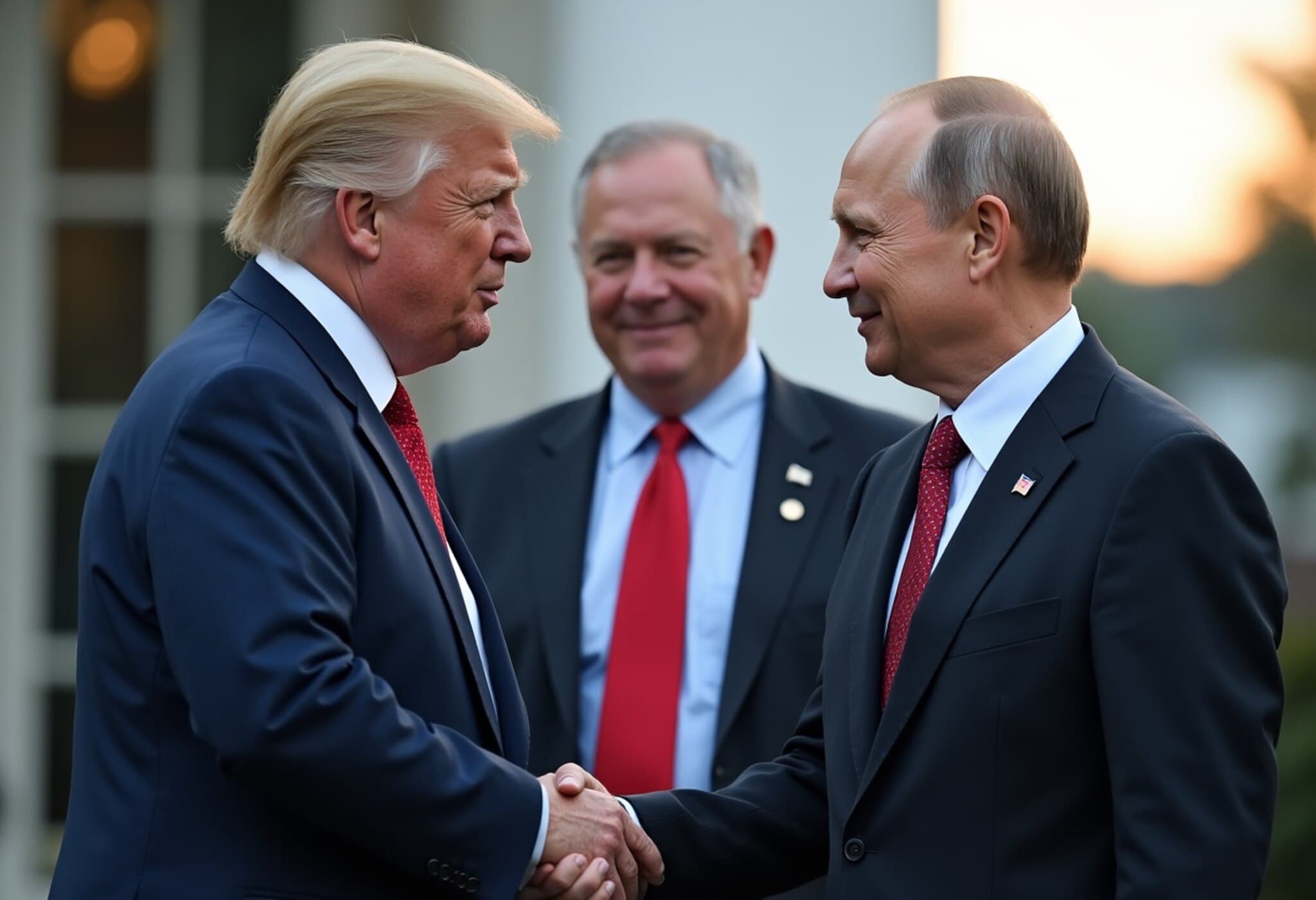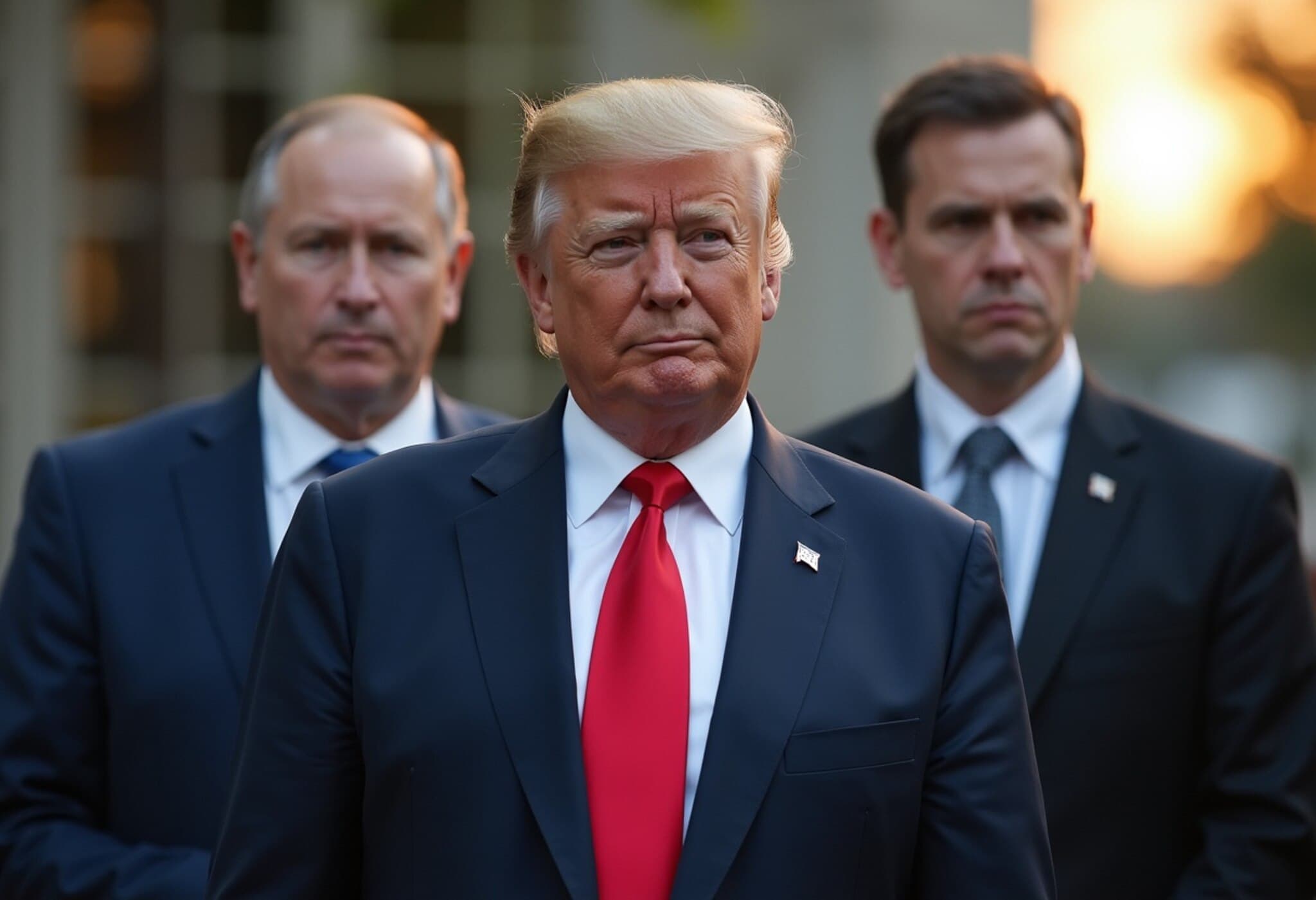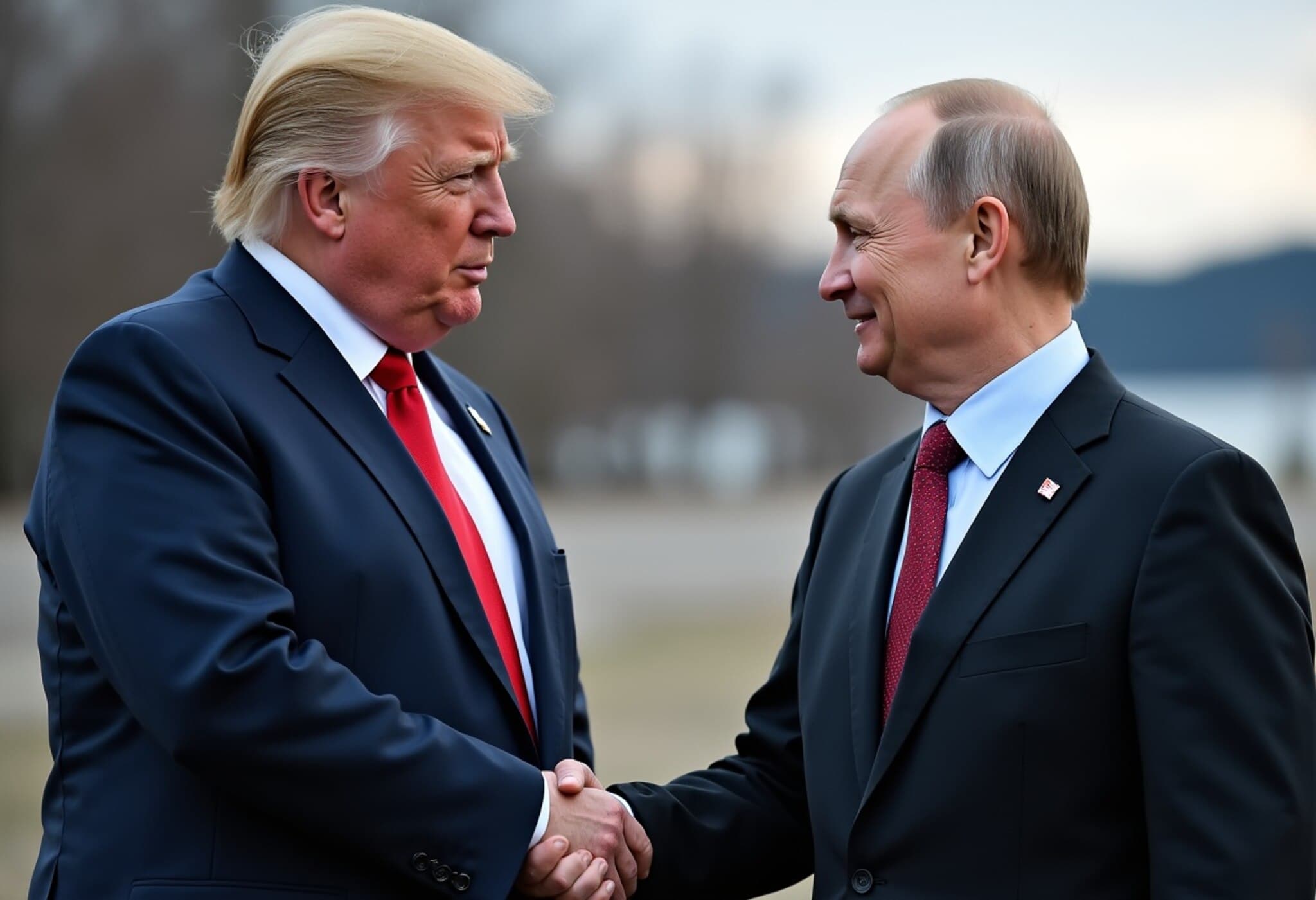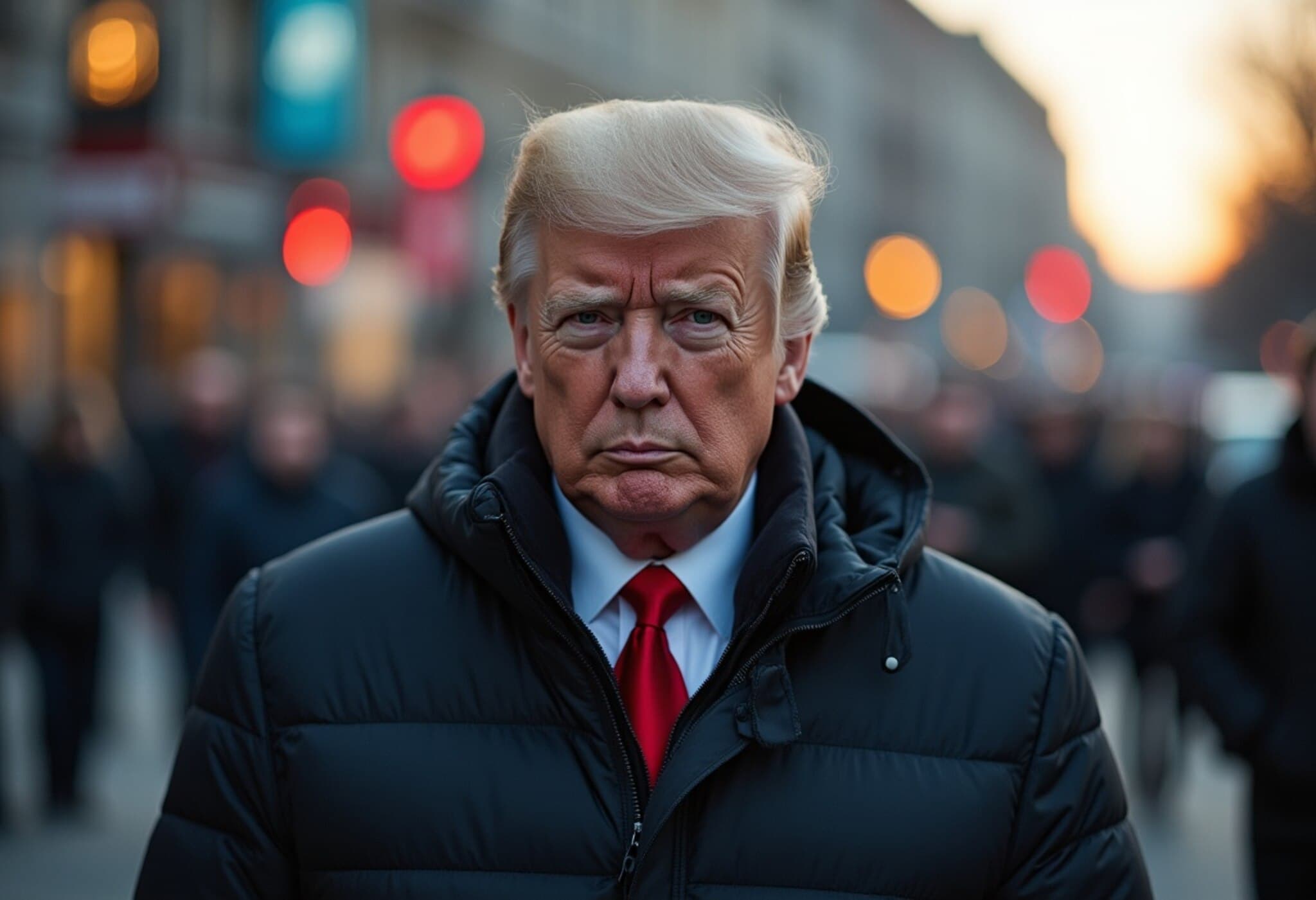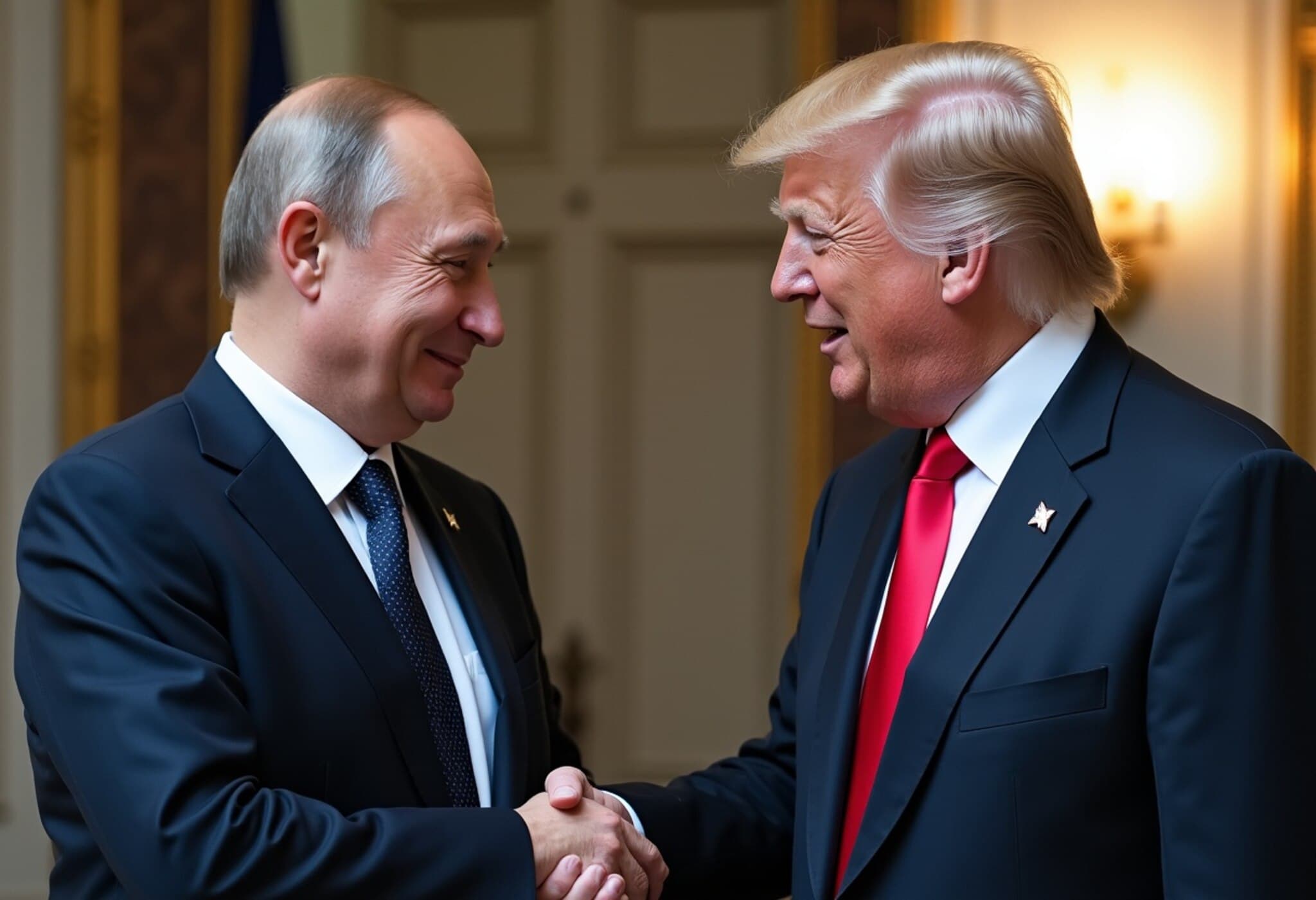Ukraine Absent at Crucial Trump-Putin Summit: What It Means
The upcoming summit in Alaska between U.S. President Donald Trump and Russian President Vladimir Putin, scheduled to address the ongoing conflict in Ukraine, has drawn global scrutiny — particularly due to the notable absence of Ukrainian President Volodymyr Zelenskyy. This exclusion has left many international observers questioning the summit’s legitimacy and potential effectiveness, especially as the war’s future hangs in the balance.
Why Zelenskyy’s Absence Raises Alarms
Ukraine’s exclusion from these talks signals a deeply troubling precedent: the fate of the nation at the heart of the conflict may be debated without its direct input. Zelenskyy’s no-show undermines the principle that negotiations for peace should include the voices of those most affected. As analysts argue, any meaningful ceasefire or peace process must place Kyiv at its core to be sustainable and just.
European leaders have joined the chorus of concern. Ahead of the summit, Zelenskyy met with German Chancellor Olaf Scholz and other European heads of state, emphasizing Ukraine’s commitment to defending its sovereignty and negotiating in good faith – but only on terms that honor international law and territorial integrity.
European Leaders Rally Around Ukraine
In the days leading up to the summit, key European figures including Germany’s Olaf Scholz, France’s Emmanuel Macron, UK Prime Minister Keir Starmer, and representatives from the EU and NATO, held joint discussions with President Trump. Their collective message was clear:
- A ceasefire must be foundational to any peace talks.
- Robust and enforceable security guarantees are essential for Kyiv.
- Territorial concessions under duress or through force are unacceptable.
Germany's Chancellor Scholz underlined the delicate balance: while Ukraine is "prepared to negotiate on territorial questions," any recognition of Russia’s occupation is non-negotiable. "The principle that borders can’t be redrawn by force must remain inviolate," he asserted, signaling Europe’s continued support for a diplomatic solution anchored in respect for sovereignty.
The Upcoming U.S.–Ukraine Dialogue
In a bid to maintain dialogue, plans are underway for a subsequent call involving Trump, U.S. Secretary of State Mike Pompeo (or relevant officials), and Zelenskyy. This follow-up meeting reflects an awareness that sidelining Ukraine risks undermining any lasting accord.
Putin’s Conditions and the Question of Concessions
Reports suggest President Putin will push hard for Russia to retain control over annexed Ukrainian territories and demand Ukraine restrain from pursuing NATO membership. Additionally, Russia is expected to insist on new elections in regions under its control, aiming to cement its influence.
However, these conditions present stark challenges that many in the West regard as unacceptable compromises. The prospect of Ukraine ceding land or limiting its sovereign choices raises profound legal and ethical questions — notably regarding international law and the post-WWII order that bars acquisition of land by force.
Trump’s Dual Messaging: Warning Yet Cautious
President Trump has conveyed a mixed message ahead of the talks. On one hand, he warned Russia of “very severe consequences” should it fail to agree to proposed ceasefire terms. On the other, he tempered expectations, describing the summit as a “feel-out” effort to gauge Putin’s willingness for a temporary truce rather than a guarantee of breakthrough.
Symbolism and Skepticism Surround the Alaska Summit
The choice of Alaska for this high-stakes meeting carries symbolic weight. Once Russian territory before its 19th-century sale to the United States, the location underscores the tenuous historical ties between the two powers involved.
For Putin, standing on U.S. soil alongside Trump serves as an implicit signal of Russia’s desire for restored global influence. Yet, many analysts remain skeptical about the summit’s potential for concrete progress, especially given the absence of the Ukrainian leadership at the table.
Why Without Kyiv, Peace Talks May Falter
At its core, the conflict in Ukraine represents more than territorial disputes — it’s about a nation's right to self-determination and security in a complex geopolitical landscape. Ignoring Kyiv in negotiations not only risks leaving peace agreements hollow but may embolden attempts to reshape eastern Europe’s borders through coercion.
Experts caution that sustainable peace requires inclusivity, respect for sovereignty, and robust guarantees. The Alaska summit, while diplomatically significant, must bridge this gap or risk becoming another symbolic yet ineffective chapter in a prolonged war.
Editor’s Note
As world leaders convene in Alaska, the glaring absence of Ukraine’s voice in peace discussions underscores a fundamental dilemma: can enduring peace be forged without those most impacted? The summit highlights tensions between realpolitik and democratic principles of self-determination. Observers and citizens alike should watch closely how this dialogue evolves, remaining vigilant about protecting sovereignty and international norms amid shifting geopolitical tides.
Will the Alaska talks pave a path toward lasting peace, or will they deepen the divides that have fractured the region? The answers will define not only Ukraine’s future but the broader stability of transatlantic relations and international law in the years to come.

